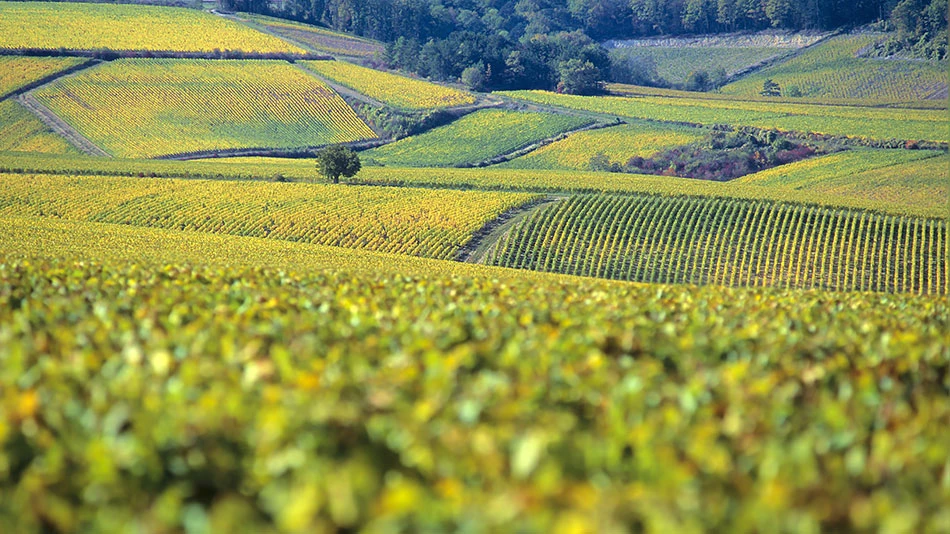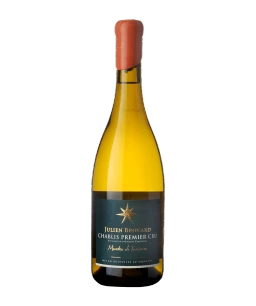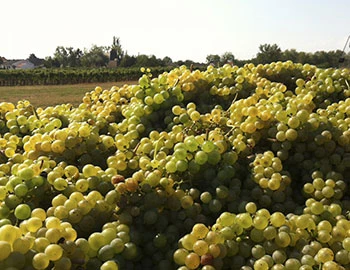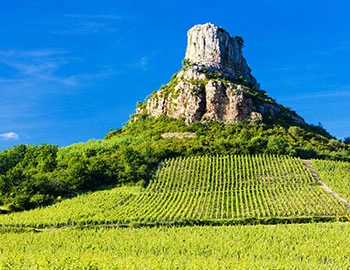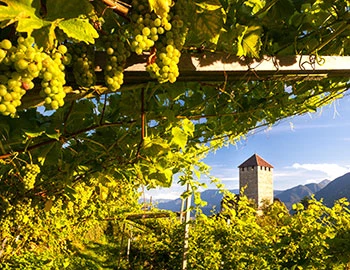Chablis
Chablis: the pure finesse of Chardonnay
Nowhere is the Chardonnay variety as clearly recognizable as in the Chablis appellation, with its approximately 5,000 hectares of vineyard area. It is the pronounced acidity that lends the wines their dancing finesse and crispness. Sitting at 48 degrees latitude, and with extraordinary limestone-marl soils, the area has long been seen as France's “cool climate” region par excellence. Despite a warming climate, Chablis wines still retain their charmingly cool freshness.
White wines from Chablis
Chablis is a pre-French, small lively town of 2,300 inhabitants. Sipping a glass of Petit Chablis at the bar of the Au Vrais Chablis, one quickly steps into this tranquil, provincial life. The town is located at the centre of a nearly closed arena of vineyards, interrupted only by the course of the Serein River.
Though a Burgundian appellation, it sits 160 kilometres northwest of the Burgundy metropolis of Beaune. To the viewer, it appears as a uniform, almost monolithic wine area; however, it is actually a complex structure composed of the Petit Chablis (624 hectares), Chablis (3,1015 hectares), Chablis Premier Cru (766 hectares) and Chablis Grand Cru (110 hectares) AOCs. The essential characteristics of the wines remains the same at all levels of quality, but the premier and grand crus show significantly more complexity and melodiousness.
Complex soil
The terroir of Chablis is perfectly tailored for Chardonnay. The soils consist of marl and Jurassic limestone formations (Kimmeridge and Portland layers), with varying proportions of oyster shell deposits. The structure of the rock strata is extraordinarily complex, and lends the wines their mineral character in various ways; for example, expressed in grand crus with a distinctively crisp note of flint.
Viticulture as a balancing act
It is impossible to tell whether it was the Gauls or the Romans who first cultivated wine in Chablis. However, there are written sources proving that the Cistercian monasteries from the nearby Pontigny Abbey cultivated wine in the 12th century on over 20 hectares here. A little more than 100 years ago, wine was cultivated on approximately 40,000 hectares. The phylloxera epidemic and increased competition ended this first golden age of viticulture. And, after the devastating frost winters of 1957 and 1961, viticulture was completely in tatters.
